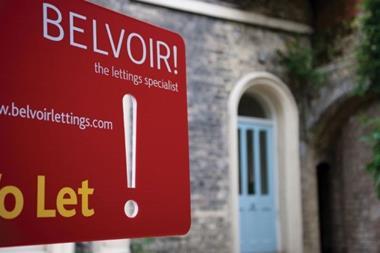Coronavirus has hit landlords’ incomes hard, with a significant shortfall in rent collection from the March quarter day.

Further pressures are likely to come as landlords feel the knock-on effects of a now extended lockdown – particularly on consumer spending in retail and hospitality – with many introducing rent-free periods or rent deferrals for tenants.
This adds up to a serious risk that the June quarter may be similar or worse than March, bringing clear cashflow and working capital challenges, as well as funding issues.
Valuations
The key accounting challenges stem from the impact on the valuation of assets and recognition of income.
Corporate entities holding properties as an investment may be required to record an unrealised loss in the income statements to reflect a downward valuation caused by Covid-19 uncertainty. This unrealised loss will not be deductible for tax purposes.
Further, many companies holding property investment at fair value with a financial year end on or after 31 March 2020 should now expect their statutory auditors to provide a modified audit opinion. These audit reports will include a potential limitation of scope with reference to property value or an emphasis of matter, potentially causing issues with banks and stakeholders. Early discussion of this position should take place as many financing covenants include a requirement for an unqualified audit opinion. Funders are expected to be sympathetic to this position.
Lease renegotiation
In the event that a tenant lease is renegotiated, or lease terms changed, after the landlord’s balance sheet date then this will not be reflected as an adjustment to the financial statements for accounting purposes. This would only be disclosed in the financial statements if it is material after the balance sheet event. Where costs are incurred in restructuring leases then these are unlikely to be allowable from a corporation tax perspective.
If leases are being restructured, landlords should beware of SDLT charges which can be triggered and advice should be taken - as the SDLT liability (if any) depends on the precise terms of the lease.
Tax considerations
In addition to the VAT deferral for payment due between 20 March 2020 and 30 June 2020, landlords should consider the following tax steps:
- Should rent demands be issued rather than VAT invoices for the next quarter, delaying payment until the earlier of the date of payment or issue of a VAT invoice?
- Rent is taxable for corporate and income tax on an accruals basis. Therefore, in theory, there are no allowances for delays in payment. However, if the accounting treatment allows a provision for unpaid income, then the provision should reduce taxable income.
- HMRC has promised to extend time to pay arrangements on a case by case basis. If there is material hardship then an agreement on scheduling of corporate tax payments may be possible.
- Companies within the quarterly payments regime should be monitoring their expected profits. If they have previously made quarterly corporation tax payments then these may be recoverable if profits are now expected to be lower.
Sean McGinness is a partner and head of the real estate practice group at Saffery Champness; Roger Weston and Adam Kay are partners at Saffery Champness






























No comments yet